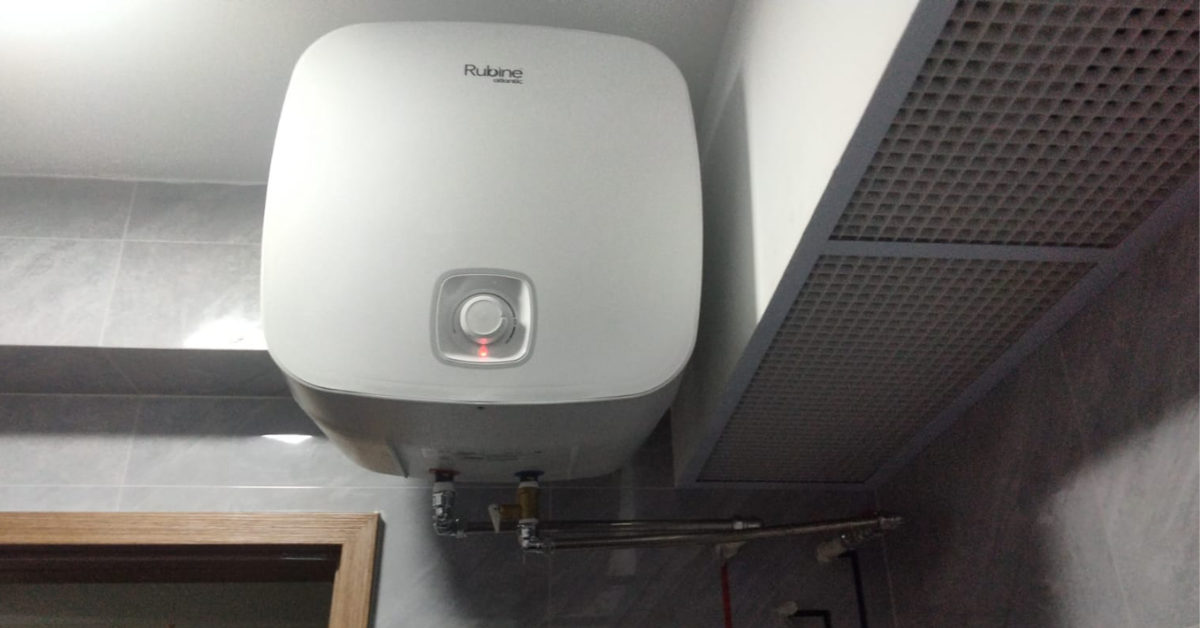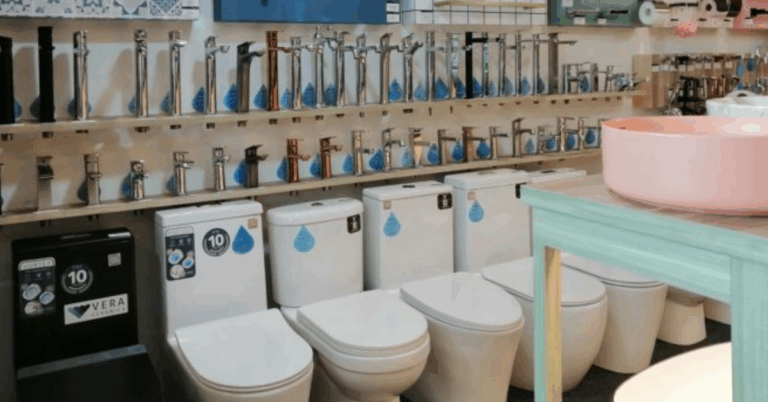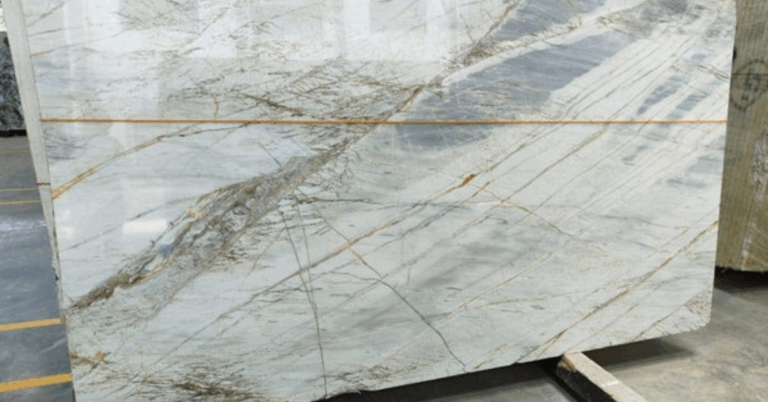Rubine Storage Water Heater Review: A Deep Dive into the Paris Series
Choosing the right water heater can often feel like navigating a minefield of technical jargon, brand claims, and real-world performance. If you’re in the market for a reliable storage water heater, the Rubine storage water heater review of the Paris Series offers useful insights. From build quality and design to safety features and usability, this review explores what makes the Paris Series stand out and where it might fall short.
1. Introduction: First Impressions
From the moment you unpack the Rubine Paris Series Storage Water Heater, you get a sense that the product aims higher than the ordinary. The brand presents it as a next-generation storage heater, with claims of enhanced insulation, premium materials and a refined aesthetic. On paper, it positions itself not just as a utilitarian appliance but as one that complements modern interiors. Many homeowners will find that this blend of style + substance is refreshing in a category that often leans purely functional.
In our Rubine storage water heater review, the first paragraph sets the tone: the Paris Series promises a refined aesthetic, advanced engineering, and dependable hot-water delivery. What follows is an examination of how well it delivers.
2. Design & Build Quality
A standout in the Paris Series is its attention to build and finish. The inner tank is coated with titanium-enamel and features a single-weld construction, a choice made to improve longevity and resist corrosion under high pressure. Additionally, the model boasts a thick layer of polyurethane foam insulation (27 mm in the model spec) designed to minimize heat loss.
Furthermore, features like the “Fairwater Sleeve” (which claims to increase the amount of usable hot water by about 20 %) add further engineering interest. From a design standpoint, clean lines and minimalist colour options for the tank (black/white) help it fit contemporary bathrooms rather than stick out as a bulky appliance.
In short: build quality and design are major positives in this review. For users who value appearance and longevity, the Paris Series sets a high bar.
3. Performance & Capacity
When it comes to day-to-day performance, many factors matter: how quickly it heats up, how much hot water it can deliver, how stable the temperature remains, and how it performs under pressure.
According to specifications provided by Rubine, one variant (30 L capacity) claims to reach its target/raise the temperature by ~35 °C in just 30 minutes. The maximum working temperature is rated at 75 °C, and the maximum working pressure at 0.80 MPa (for that model).
This fast-heating performance is a plus compared with many older storage heaters which take much longer to deliver usable hot water. The sizeable insulation also helps in reducing standby losses, meaning less wasted energy when hot water waits unused.
That said, performance claims always need to be viewed with caution: real-world heating times will depend on inlet water temperature, ambient conditions, demand (how many taps/showers are open concurrently), and load (tank size vs usage). For example, if the inlet water is very cold or the tank is large but only partially used, time to usable hot water increases. Good practice (as cited in related guides) emphasises matching tank size to actual usage and household demand to avoid over-sizing (which can lead to longer heating times and higher operational cost).
In summary: the Paris Series shows strong performance specs, but real-world results depend on installation, usage and local conditions.
4. Safety & Features
Safety is non-negotiable when it comes to water heaters, and the Rubine Paris Series incorporates several noteworthy features. The tank and build include anti-bacterial water inlet material (SGS certified) to ensure safer water quality. The unit also carries an IPX4 waterproof rating, offering protection against splashes or humid bathroom environments.
The magnesium anode in the tank is thicker than standard in this model, improving corrosion resistance and thus longevity. The choice of a titanium enamel tank and single-weld design further strengthen the safety and durability profile. From the review’s perspective, these features indicate the manufacturer’s serious approach to longevity and safety, not just aesthetics.
One potential caveat: installing any storage water heater demands correct mounting, adequate electrical supply and compliance with plumbing and safety norms (especially in Indian/Delhi context). So while the heater is safety-rich, installation quality will strongly affect outcomes. Homeowners should ensure certified technicians perform installation, mount at a safe height, ensure proper ventilation, correct wiring and piping, as suggested in good buying guides.
5. Installation & Usability
In day-to-day use, usability and ease of installation often set apart good from great. The Paris Series includes mounting hardware, pressure relief valve and connectors in some markets, simplifying installation. For example, one retailer site lists these inclusions.
From the user’s perspective in a place like Delhi: ensure the tank size fits your bathroom (ceiling height, wall strength), check local voltage/phase compatibility (India ~230 V single phase), ensure the inlet water pressure matches the heater’s rated specification and check distance from tank to bathroom (shorter piping = less heat loss/wait time) as explained in purchase guidance.
Also consider ongoing service: parts, warranty support, availability of spares, local service network. Rubine’s warranty offerings for the Paris Series are strong: 1 year parts + service, 5 years for the heating element, 7 years for the inner tank.
Overall, from a usability viewpoint, the Paris Series offers good convenience provided installation conditions are met and local service network is reliable.
6. Energy Efficiency & Running Costs
Running costs are a key part of any review. A storage heater inherently has standby losses (heat lost while water awaits use), and larger tanks cost more to heat up. However, the Paris Series mitigates some of this with its thick insulation, efficient heating element and smart internal design (Fairwater Sleeve) to maximise usable hot water. These features help lower wasted energy.
Also important: selecting the correct capacity neither too small nor too large is important to avoid unnecessary energy use or insufficient hot water supply. Good buying advice emphasises matching first-hour hot water output to peak demand and avoiding over-sizing.
For Indian users where electricity costs may be high and water quality/piping conditions variable, the robust build and insulation of the Paris Series may translate into actual savings over time (fewer reheats, less standby loss). That said, actual running cost will depend on tariff, frequency of use, inlet water temp (colder water = more energy), and how often hot water is used.
From our review, energy-efficiency is strong relative to many older models. But if you are in a region with frequent power fluctuations or unreliable supply, factor in the cost of any voltage stabilizer or service needed.
7. Suitability for Indian Market / Delhi Context
While the Paris Series is originally targeted at markets like Singapore, it deserves consideration in the Indian context (Delhi or other cities) because of a few reasons:
-
Build quality: The enhanced corrosion resistance, thicker insulation and robust materials suit harsher conditions (hard water, fluctuating supply, high humidity).
-
Size options: 15 L and 30 L capacity variants are mentioned in Singapore market. These could suit Indian homes where bathrooms are compact and hot-water demand is moderate.
-
Safety and design: IPX4 rating, anti-bacterial features, and sleek aesthetics make it fit for modern urban homes rather than old utility spaces.
-
Service and spares: If Rubine has a local presence or authorized service network in India, that’s a major plus. If not, consider whether spares and service will be easy to access.
Potential challenges:
-
Cost: Premium build features often translate into higher purchase price.
-
Installation constraints: In older buildings, wall strength, piping distance, electrical supply may complicate installation.
-
Need for adaption: Local water quality (hardness, mineral content) and pressure may differ from Singapore specs; ensure that tank rating and warranty cover these conditions.
Overall, in our review, the Paris Series is suitable for Indian urban homes, especially where build quality, design and longer life are valued. For budget-conscious buyers or very high usage households, other local options may weigh in.
8. Pros & Cons (Summary from Review)
Pros:
-
Premium build: titanium enamel tank, single-weld design, thick insulation.
-
Strong safety features: IPX4 rating, anti-bacterial inlet, thicker magnesium anode.
-
Good performance: relatively fast heating, efficient usable hot water design.
-
Modern design: fits contemporary interiors, available in stylish colour/mounting variants.
-
Solid warranty coverage: 5 years heating element, 7 years inner tank.
-
Good choice for urban homes looking for reliability + aesthetics.
Cons / Considerations:
-
Higher upfront cost compared to more basic models.
-
Real-world performance depends heavily on proper installation and local conditions (water temperature, pressure, piping).
-
Storage heaters have inherent standby losses; if usage is very low or irregular, an instant/flash heater may be more efficient.
-
Local service/support must be confirmed (in India).
-
If your hot-water demand is very high (multiple bathrooms simultaneously), a larger or multiple system may be needed beyond 30 L.
9. Final Verdict
In reviewing the Rubine storage water heater (Paris Series), the verdict is positive: this is a standout model in its category that blends aesthetics, build quality and practical performance. For homeowners who care about design and long-term durability, this model is an excellent choice especially when installed and maintained properly.
However, no product is perfect. Buyers should ensure that they pick the correct capacity based on usage, have professional installation, and confirm local support and service parts. For homes with very light hot-water usage, or where budget is the overriding concern, there may be simpler models that suffice. But if you’re investing for the long run, the Paris Series merits serious consideration.
If I were to give a star rating (on a 5-star scale) based on review criteria (build, performance, safety, value), I’d mark it around 4.5 stars — excellent, with just a few caveats regarding cost and usage matching.
10. Buying Tips & Things to Check
Before you commit to the Rubine Paris Series or any storage water heater, here are some buying-tips gleaned from this review:
-
Match capacity to demand. If you have one bathroom and moderate usage, a 15 L variant may suffice; larger families or multiple bathrooms may require 30 L or more. Oversizing can be inefficient.
-
Check wall strength & mounting. Storage heaters weigh more when full of water; your wall must securely hold it.
-
Consider piping length — shorter distance from heater to shower means less wait time and better efficiency.
-
Check water pressure & quality. Ensure inlet pressure doesn’t exceed rated max; if water is very hard, choose a model with strong corrosion resistance (which Paris Series offers).
-
Ensure electrical supply compatibility. Proper circuit breaker, earthing, protection all matter.
-
Confirm service & spares availability locally. Premium models are only as good as after-sales support.
-
Installation by qualified technician. Improper installation negates many of the benefits.
-
Review warranty terms carefully. Understand what parts are covered, what maintenance is required to keep warranty valid.
-
Consider energy cost. If you have years ahead in your home and expect frequent use, storage heater’s benefits are realised; for occasional use maybe an instant heater may be more efficient.
-
Maintenance. Regular servicing (e.g., checking anode, flushing tank) will prolong life and retain efficiency over time.
11. Conclusion
To wrap up the Rubine storage water heater review: the Paris Series really does deliver in many of the areas that buyers care about — build quality, aesthetics, safety and performance. It’s a strong choice for modern households in India (including cities like Delhi) that want more than just basic hot-water supply; they want something that lasts, looks good and performs reliably.
If you budget for it, ensure proper installation and match capacity to your needs, then this heater can pay dividends over time in terms of comfort, reliability and lesser hassles. If your budget is tight or usage very light, you may want to compare with more basic models but given what you get, the premium may well be justified.







